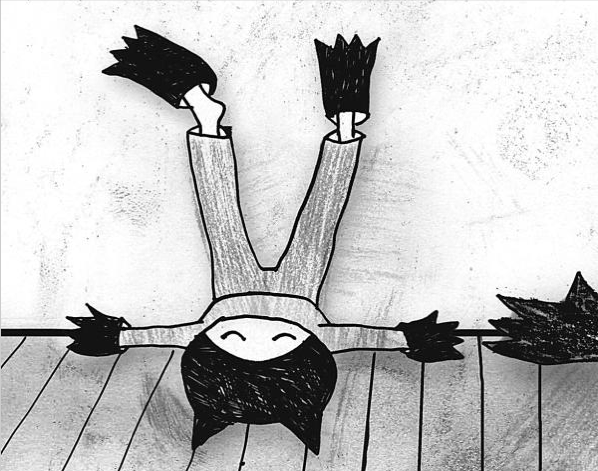Overfunctioning- a Side Effect of Trauma
 Overfunctioning is a behavior in which an individual takes on more responsibility than necessary, often to the point of exhaustion or burnout.
Overfunctioning is a behavior in which an individual takes on more responsibility than necessary, often to the point of exhaustion or burnout.
This behavior can be seen in both personal and professional settings and may be influenced by various factors such as the PTSD, the desire for control, fear of failure, or a need for validation.
Many of these motives are doubled in strength after a traumatic event. For the traumatized it is appealing to be so busy that you are never ambushed by a moment of silence. The high achiever prefers: NO Time to remember. NO Time to think. No slowing down!
Living life as a busy flurry results in strained relationships with others. Often there is a mild alert ringing incessantly that you aren’t comfortable in your own skin . ALL OF THIS is Hard… but this way of living can be promoted and justified.
A friend needs to step in — as kindly as possible.
Remember: Breaking the pattern of over-functioning is a fear-filled option. Some folks feel they are giving up their pride about never crying over the trauma. Others say something like, “If I ever started crying I would never stop, I just don’t have time for feeling all that!”
You must admit, they have a point! Great work gets finished — on time or early! This pattern works great . . .until it doesn’t.
TRAUMATIC MEMORIES WILL CATCH UP TO YOU
Some people experience a terrifying collapse when their trauma content finally catches up with them… often in the form of dreams or intrusive thoughts. As a concerned friend, it is kind to notice this over functioning pattern and open up a new path for your friend. You can champion the idea that there is another way to recover from a loss.
Silence is the first pre-requisite.
Other strategies for managing overfunctioning include setting boundaries, delegating responsibilities, seeking support from others, and practicing self-care.